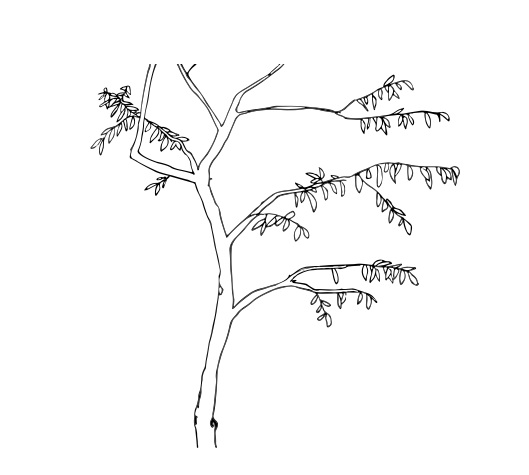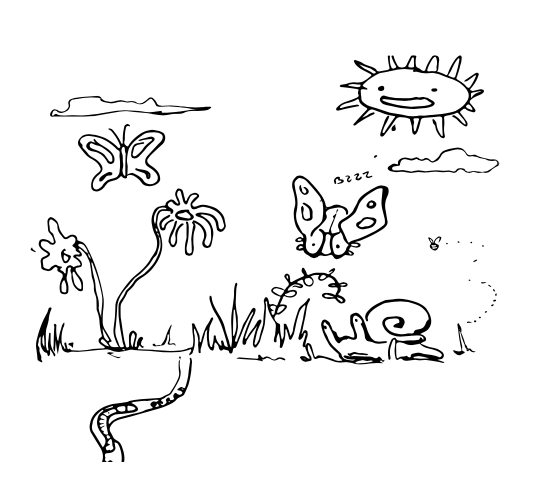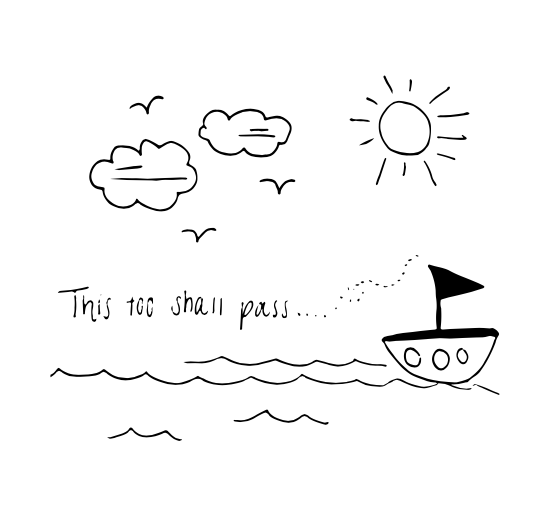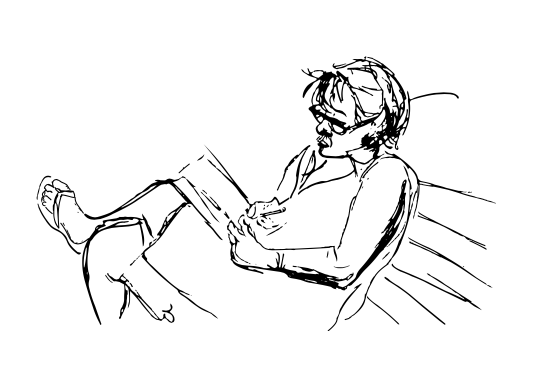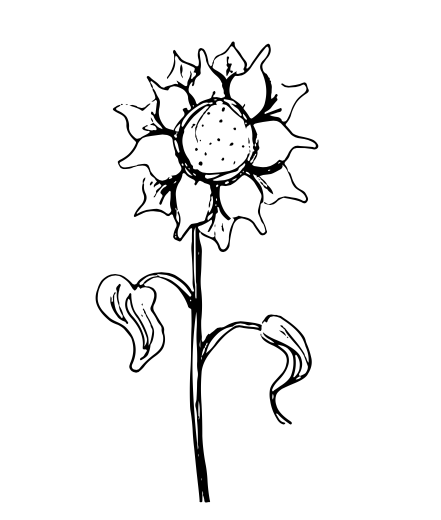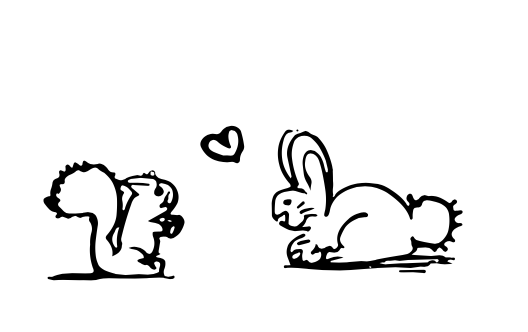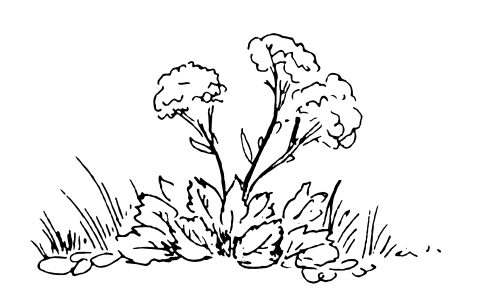Flying with chains
It was a challenging summer, mainly with health issues—my father-in-law’s, my mom’s, my own. (Thank you dear friends for your condolences for my Abbu). Sometimes I write through these life adjustments; other times, I lose my words. But it was an unexpected trip at the end of the summer that helped me put things in perspective; I wanted to share it with you.
I had heard about Chautauqua for years from my dear friend Rebecca, whose family has a house there; the amazing lineup of speakers and entertainment during the summer always intrigued me. This year, my friend, the extraordinary Bangladeshi photographer and activist Shahidul Alam, was scheduled to keynote. The day before his talk, when things seemed stable on the health and home fronts, I booked a last-minute flight to upstate NY to experience Chautauqua for myself.
It was unlike anything I had ever experienced.
As you enter the gated Chautauqua Institution, you feel transported in time, to a quieter, gentler America. Cars are parked outside the grounds, kids ride their bikes, people walk everywhere, there’s lawn bowling, boat rides on the lake, a farmer’s market in the square center. Red brick pathways are lined with pastel-colored Victorian houses, many with two-story balconies decorated with intricate latticework and festooning with flowers. Homes have porches wide enough to host neighbors for iced tea and conversation, and gardens brimming with black-eyed Susans. (This sense of safety and serenity was violated last year when Salman Rushdie was stabbed in Chautauqua right before his talk).
There’s a different circadian rhythm here, a chance to slow down and breathe in outdoor life and pursue intellectual curiosity, rather than breathlessly sprint through to-do lists and Zoom sessions trying to sneak in a 5,000 step walk in between calls. The day is punctuated by a 10:45am keynote by a renowned speaker in the 4,000+ seat amphitheater, a 2pm interfaith lecture at the columned Hall of Philosophy, an 8:15pm extravaganza of music or dance or symphony, and a plethora of classes and activities in between from meditation to pickleball—or you can simply linger over a good book on a rocking chair on the Athenaeum Hotel porch until the sun sets. As soon as I arrived, I started feeling my knots untangle.
It's the people who choose to go to Chautauqua—for many this is an annual summer excursion that spans generations—that truly inspired me. It’s a more senior population; many in their 70s, 80s, 90s; someone even celebrated her 100th birthday at the Friday evening Patti LaBelle concert! Some use canes or mobility scooters to get around; others take advantage of accommodations such as assistive listening systems and live captioning. But despite health issues that inevitably come with aging, they choose to be there, continuing to stay engaged, active, and learning.
At a time when I’ve been feeling particularly fragile with what seem like weekly new health diagnoses, this was exactly what “the doctor ordered”. Growing old is a state of mind as much as it is of body; even if things start to creak, it’s important to be reminded to keep moving forward, the best we can. I texted a photo to Arif one afternoon of an elderly couple walking ahead of me after a talk, holding hands, one with a cane, the other holding a seat cushion (the benches are particularly hard!). I hope that’s us, I wrote.
The talks and performances were invigorating. I’ve loved Angélique Kidjo’s music for decades, but hearing her tell her life story of resilience and activism at the morning keynote was incredible; seeing her perform with unbridled passion that evening loosened me up too as I danced at the base of the stage to my favorite, Mama Africa (sciatica and osteoporosis be darned!). I had a chance to ask Angélique about a wisdom from an elder that guides her. “My grandmother said to me, don’t let anyone define who you are. As long as what you’re doing makes you happy, and you don’t hurt yourself or no one, let people talk.” She told me that both of her grandmothers had become widows at 35, and both refused to remarry as was the custom, and instead raised their kids on their own. “They struggled through it, but step by step they discovered how to become who they are.”
Dr. Sanjay Gupta is an amazing storyteller; he shared tales of his travels covering deadly diseases and natural disasters, mixing in personal narrative, humor, and engaging research. His message that we need to tell stories about our health based on hope rather than fear felt reassuring. “People need to be reminded that no matter where they are today, whether they just won a race or they are in the depths of chronic disease, that they can be better tomorrow,” he said. “Hope can help heal.” I asked him to sign his book on healthy aging to my mom, and told him she worried about her memory. Dear Rashida, Keep Sharp!, he signed; mom was chuffed. As he’s written a lot about the power of nature to heal, I gave him a copy of my book BenchTalk: Wisdoms Inspired in Nature; he promised to read it on the plane back to Atlanta.
The day that Shahidul Alam spoke at Chautauqua was the day he was supposed to appear in a court in Dhaka. The case against him, for which he was imprisoned five years ago, continues to drag on; every month since his release he has to appear in court. In an act of defiance Shahidul chose to speak at Chautauqua instead, risking imprisonment on his return. The audience of thousands was enraptured by his story, his evocative photography, and by his relentlessness to speak truth to power. “If people give up, they become accomplices to the repressor,” he said. “By accepting that status quo, by stopping to push, you have actually made it possible for them to no longer be repressive overtly. Repression is then normalized.” His presence on the Chautauqua stage on that particular day and his resounding message that our actions matter, that we all matter, was met with several standing ovations.
Chautauquans, who may not have been familiar with Shahidul before his talk, are now vested in his safety and energized by his message. So many people came up to him afterwards and in the days that followed to ask what happened at the court hearing, if he would be safe on his return to Dhaka, and what they could do to support him—and of course to take photos with him. I asked Shahidul how he keeps going, keeps fighting, despite such grave challenges and threats.
“The tools of coercion are not necessarily something you have control over, but how you respond is something you do have control over,” he told me. “I think too often we forget the agency that we have; by merely concentrating on what the repressors are able to do, we forget our own power and capability to shape our own future. At a very practical level, in Bangladesh, I can never be alone, and that’s not easy when you’ve lived a certain lifestyle to suddenly adapt to a reality that you’re walking in chains in some ways. But if you’re walking in chains, I think the challenge is to learn how you can fly with chains. We look at the chains but we forget the wings. I think that there are times when our wings are powerful enough to allow us to take flight, despite the chains.”
My Chautauqua takeaways:
Define yourself on your own terms (let people talk).
Keep sharp (and remember hope’s curative powers).
Take flight (even with chains).
And keep moving forward (use a cane if needed).
In the 30 Days book, Shahidul shares a wisdom from his brother-in-law’s elder sister. She would say to him and his sister, in Bangla, “Shobar modheyi bhalo mondo ache. Bhalor bhag jodi ardheker beshi hoy tahole tateyi pash dhorte hobe.” (There is good and bad in everyone. If the good exceeds the bad, then they have passed the test).
“Throughout life, we create expectations of how people must be, and we find frailty and fault; even people we’re very fond of, we find there’s something wrong and we hold on to that thing, forgetting that so much of that person is good,” Shahidul said. “We are often so self-righteous in our analysis of people, and we hold on to things. One of the things I try to avoid is being judgmental.”
Shahidul also shared something his dad used to say: “While selecting a person, if you have to choose between the qualities of the head and the qualities of the heart, go for the qualities of the heart.”
BenchTalk Launches in Paperback!
BenchTalk: Wisdoms Inspired in Nature, the book I curated and edited for Nature Sacred (thank you Alden), produced by Shahidul’s Drik organization (thank you Reza for the exquisite limited edition), launched in paperback this past week. It just appeared in The Washington Post Book Club in a beautiful piece by book critic Ron Charles. I can’t believe it!! (Alhumdulillah)
The book is #1 in new releases in several categories and has received great reviews from BookLife/Publisher’s Weekly and Kirkus Reviews and significant press coverage including on John Scalzi’s “The Big Idea” and soon in The Stylist in the UK.
The most exciting part is to have this very special book accessible to wider audience because I truly think it will inspire. The reflections and wisdoms in this book aren’t lofty quotes by Rumi or Aristotle—they are heartfelt yearnings and sincere offerings of empathy by us, the passersby of life—ordinary people who happened to find an oases of green, a “Sacred Place”, who happened to sit on the wooden bench, who happened to notice a yellow journal tucked underneath, and who happened to take a chance to reveal a bit of themselves or share encouragement with the stranger who sits on the bench next.
There’s something in this book for whatever you might be feeling. (This is what people wrote and the doodles they drew in the journals).
Feeling anxious, “Love is really all there is and that’s worth anything. Be kind to yourself and those you meet and the road will rise to meet you. Be strong in your quest for truth and purpose and in times of confusion, trust those who know you best as they will help you. Know that guidance is always available if you only ask.
Overwhelmed, “Put your phone away—yeah you. Take a second to breathe in the oxygen from the flowers surrounding you. Take in that life. It’s amazing, huh?”
Feeling lonely, “Each of us sits alone on this bench as we write. But we aren’t alone, not really, we’re all here together. We are a community. We are alike in our love for this place. We are bound together by sharing our thoughts, hopes, love, and peace in this journal. You and me—we’re kindred spirits.”
Trying to find your purpose, “The purpose of life is simple. It is to discover the gift you were endowed with. Develop it. Then return it.”
And as Alden, CEO of Nature Sacred, reminded me in her condolence card, knowing that my kids are missing their Dada— “just take a look at p. 157”.
Dear Grandfather,
Thanks for all the years of wise words and encouragement. Thanks for keeping an open mind and for saving judgement. Thanks, most of all, for being an example to follow. You set the pace. I promise to keep up.
--Grandson
For the hardback limited edition with gorgeous paper, wooden bench on the cover, and unique design ($50), please reach out to Nature Sacred.
For the paperback edition ($15), please purchase on Amazon.
100% of proceeds go to creating more green spaces.
Please follow more inspiring stories on Instagram @salma.hasan.ali.
This is newsletter #34. If you know anyone who might enjoy this newsletter, they can subscribe for free here. A few past newsletters:
What I learned from my father-in-law
Let go and let God (Yusef Salaam)
Farhan Latif’s wisdom from his dad
Journalist Mehdi Hasan’s wisdom from his dad
A Letter of Gratitude, for my Husband’s Surgeon
Life Lessons for my Son, that I Learned this Week
